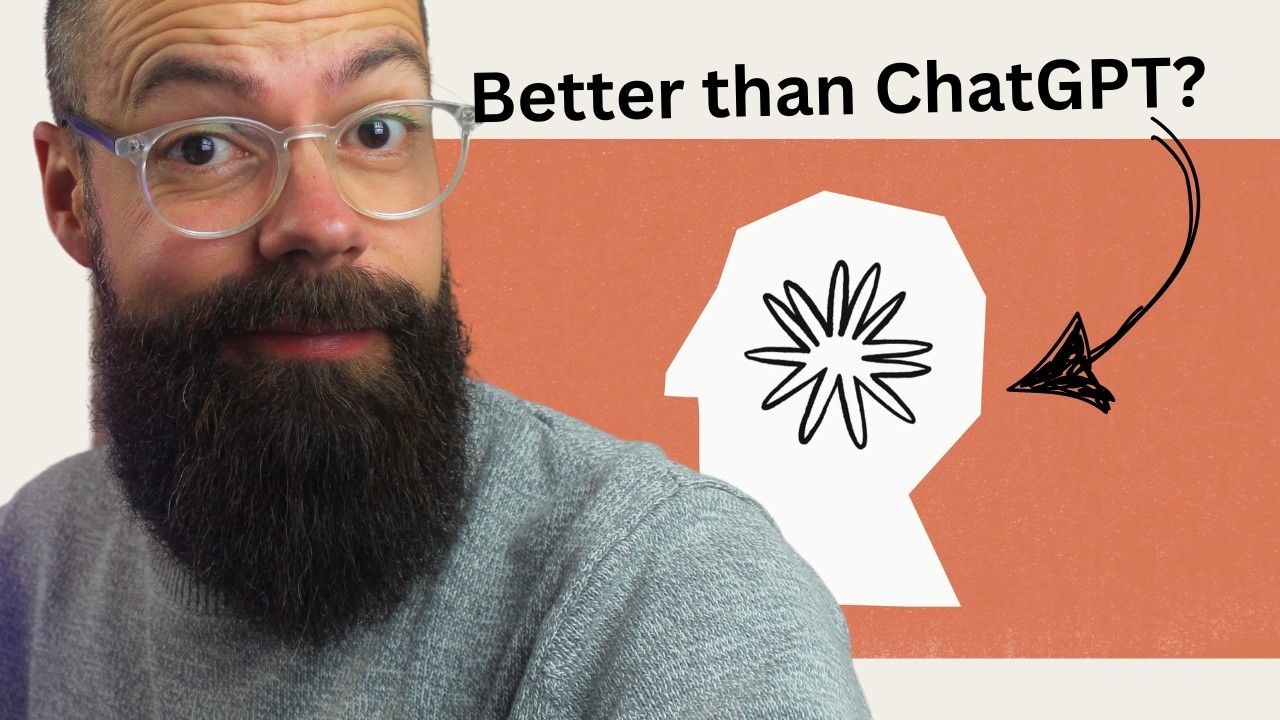The video evaluates Claude 3.5 Sonic, an AI tool claiming “graduate-level reasoning,” and finds it lacking in key research functionalities, such as retrieving specific peer-reviewed papers and providing detailed outlines for literature reviews. While it shows potential in academic editing, the presenter suggests that researchers may be better off using other tools like ChatGPT and Perplexity until Claude improves.
The video discusses the release of Claude 3.5 Sonic, an AI tool that claims to possess “graduate-level reasoning” capabilities. The presenter evaluates its effectiveness for research purposes, highlighting improvements in intelligence and vision compared to previous versions. Despite these claims, the presenter expresses skepticism about Claude’s ability to meet the needs of researchers, particularly when compared to other tools like ChatGPT and Perplexity.
The first test involved asking Claude to find relevant peer-reviewed papers on transparent electrodes. The AI failed to provide specific papers and instead offered general advice on how to conduct the search. This response was deemed inadequate, especially when compared to competitors that can directly search scientific databases. The presenter noted that Claude’s performance in this task was a significant drawback for researchers seeking efficient information retrieval.
Next, the presenter requested an outline for a literature review on organic photovoltaic (OPV) devices. Claude provided a basic structure but lacked depth compared to ChatGPT, which offers more detailed responses. While Claude’s outline was a decent starting point, it was clear that it needed further development to be truly useful for academic writing. The presenter rated this performance as a “C+” and suggested that Claude requires more refinement in understanding academic expectations.
The video also examined Claude’s capabilities in academic editing. When asked to provide feedback on an abstract, Claude offered constructive criticism and suggestions for improvement. The AI’s ability to tighten up the text while maintaining key information was appreciated, showcasing its potential for assisting with writing tasks. However, the presenter noted that Claude’s limitations in generating visual content, such as poster presentations or SVG images, hindered its overall utility for researchers.
In conclusion, while Claude 3.5 Sonic shows promise with its graduate-level reasoning claims, the presenter ultimately found it lacking in several key areas essential for research. The AI’s performance in retrieving specific academic papers, providing detailed outlines, and generating visual content fell short compared to other tools like ChatGPT and Perplexity. The video suggests that, for now, researchers may be better served by using these alternative platforms until Claude undergoes further improvements.
